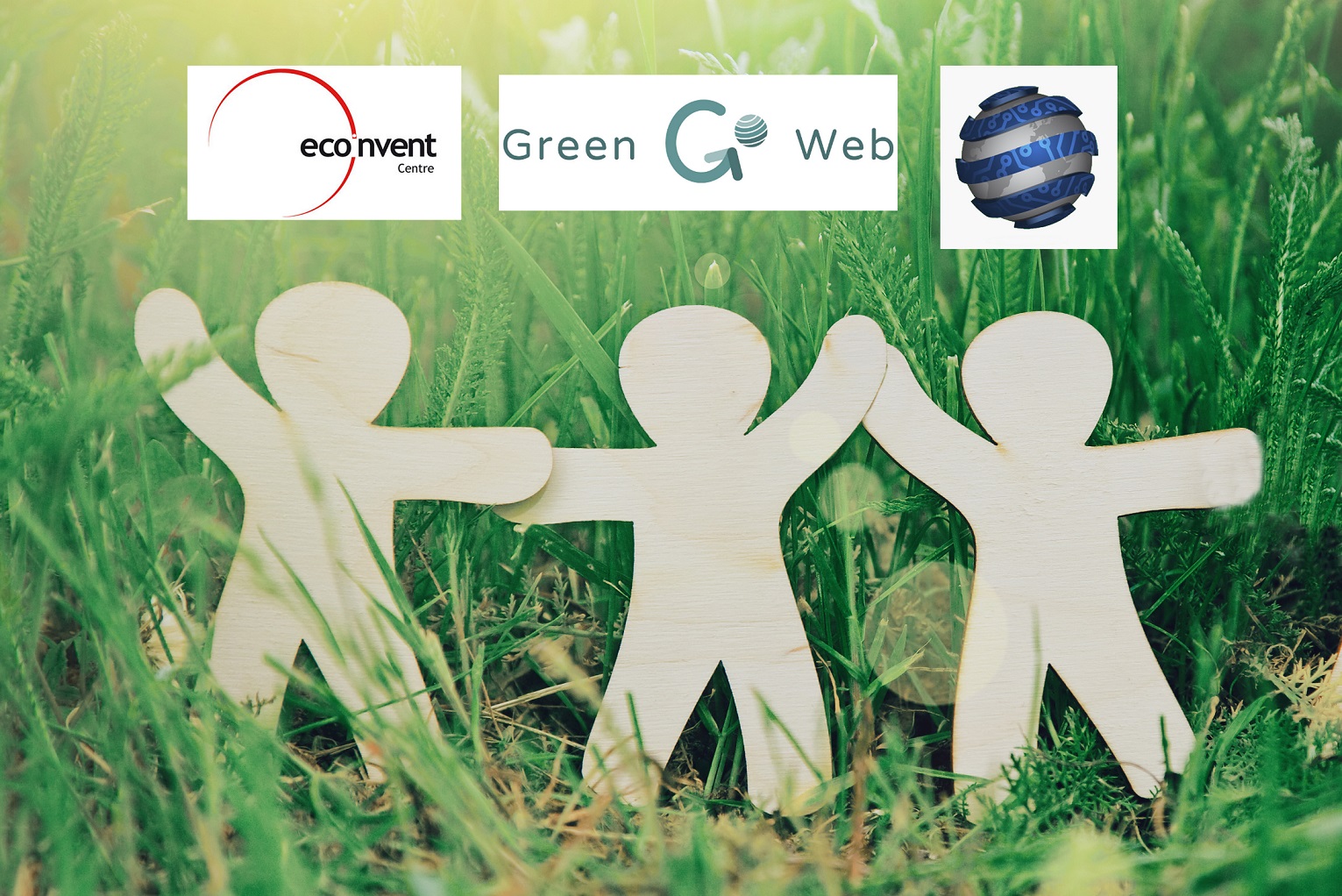
Visit our growing ICTFOOTPRINT.eu Marketplace - A spotlight on ecoinvent, GreenGoWeb and CircularComputing
ICT is one of the most powerful instruments to face today’s greatest threats including climate change and exhaustion of resources. Taking a closer look, however, ICT has its own responsibilities in terms of carbon emissions, in particular due to the huge amount of energy needed to keep data centres up and running, and the underlying infrastructure and networks working. We live in an highly interconnected world where issues and solutions are often intertwined.
To help you unravel your way towards ICT sustainability, ICTFOOTPRINT.eu is the place to go. ICTFOOTPRINT.eu is a unique one-stop-shop for finding all the simple, accessible information you need for reducing your ICT environmental impact. ICTFOOTPRINT.eu is also a lively marketplace where sellers showcase their sustainable ICT solutions and meet with potential buyers.
In order to understand the environmental impact of a product it is necessary to consider its whole lifecycle from the extraction of raw materials, design and production, down to the development, usage and final disposal and recovery. Have you ever wondered what the environmental footprint of an apple is? Are electric cars eco-friendly all over the world? ecoinvent offers a Life Cycle Assessment tool based on the world’s largest transparent Life Cycle Inventory database with over 12.800 datasets from reliable sources. The ecoinvent association is a not-for-profit organisation, whose vision is to help people all around the world do high quality environmental assessments more easily and therefore make truly informed choices.

E-waste is polluting drinking water and harming ecosystems around the world. By 2017, the total annual volume of e-waste is set to rise by 33% to 65.4 million tons, the weight equivalent to almost 200 Empire State Buildings (Stepinitiative.org 2014). The manufacture of one PC requires about 1.7 tonnes of raw materials and water and consumes over ten times the computer's weight in fossil fuels: 75% of PC fossil fuel consumption has already happened before the computer is even switched on for the first time (Kuehr & Williams 2003). E-waste contains toxic chemicals such as arsenic and lead. Re-use is the best way to recycle used ICT: Circular Computing, with its Circular Remanufacturing process, closes the loop on waste and extends the life of computers, creating positive environmental, economic and social impact on a micro and macro level. Circular Computing turns used ICT equipment into as-new, high quality products, extending their useful life cycle and allowing users’ satisfaction together with considerable savings.

One of the biggest challenges for switching to a sustainable future is the required cultural and behavioural change. Some even small changes in our daily habits can trigger relevant improvements on the global level. 86% of ocean debris is plastic: we have created an extra continent the size of France! Half a million cups are used every year: on average it is estimated that corporate employees use three plastic cups a day, causing harmful and long-lasting pollution. Think of the collective impact if we all recycled our plastic coffee cup or better still used a non-disposable one. The same reasoning applies for instance for the energy that can be saved by switching off monitors during lunch breaks. GreenGoWeb, with its "Green Team Building" mobile app, turns saving energy and reducing your environmental impact into an amusing game. Set your goals, keep track of the energy you are saving in a fun and entertaining way and challenge your friends: who will achieve the highest sustainability scoring?
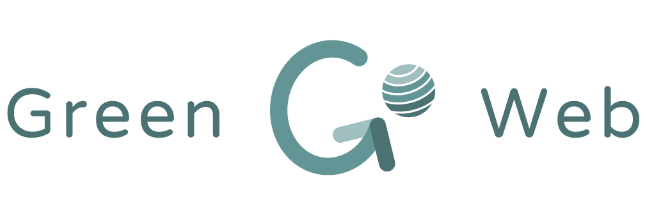

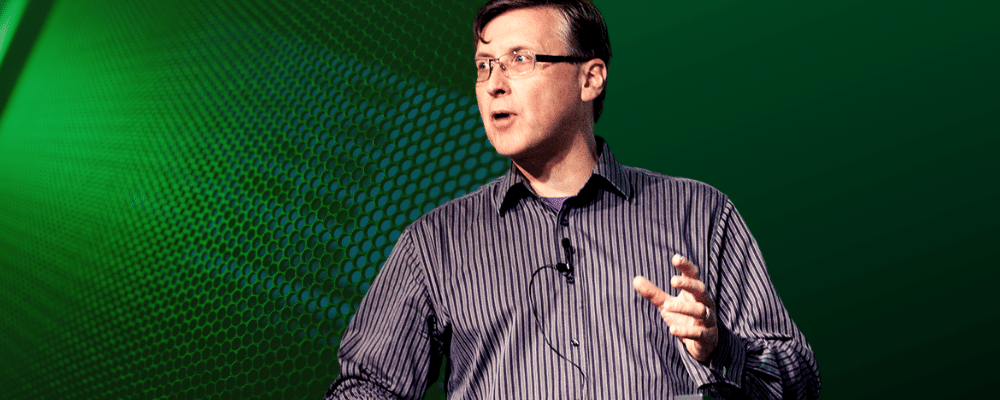
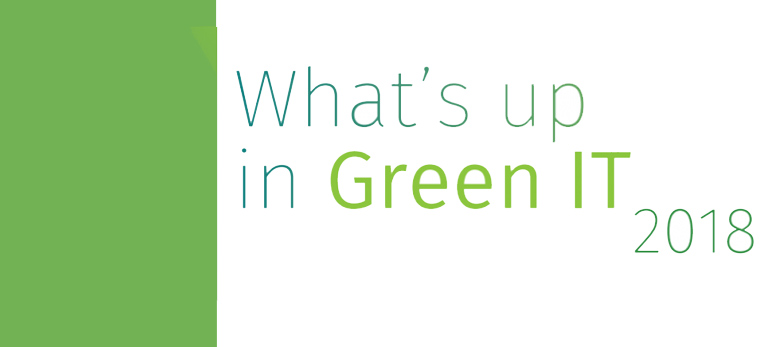
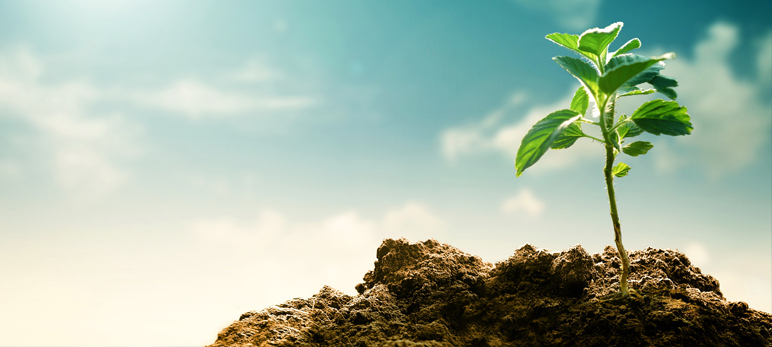
 © 2018 ICTFOOTPRINT.eu – ICTFOOTPRINT.eu has received funding from the European Commission’s Horizon 2020 research and innovation programme under the Grant Agreement no 690911. The content of this website does not represent the opinion of the European Commission, and the European Commission is not responsible for any use that might be made of such content.
© 2018 ICTFOOTPRINT.eu – ICTFOOTPRINT.eu has received funding from the European Commission’s Horizon 2020 research and innovation programme under the Grant Agreement no 690911. The content of this website does not represent the opinion of the European Commission, and the European Commission is not responsible for any use that might be made of such content.